WASHINGTON (Reuters) - Supporters of Donald Trump who attacked the U.S. Capitol four years ago will start leaving prison on Tuesday, pardoned by the new president in a flurry of Inauguration Day executive orders showing intent to stamp radical change on the country.
Trump was likely to sign more executive orders on Tuesday, after measures issued on Monday that included moves to curb immigration and roll back environmental regulation as well as a 75-day delay to enforcement of a ban on short-video app TikTok.
The Republican president's pardon of 1,500 defendants drew outrage from lawmakers who were endangered in the Jan. 6, 2021, attack, when thousands of Trump supporters stormed the Capitol in an unsuccessful attempt to prevent Congress from certifying his 2020 election loss to Democrat Joe Biden.
The pardons were among orders Trump signed within hours of taking office, returning in a mood of triumph to the White House after winning last November's election. In his inauguration speech he slammed Biden's presidency and portrayed himself as chosen by God to save a faltering nation.
However, he faces a stiff challenge delivering on his Inauguration Day promise of a "Golden Age of America" in the face of a closely split Congress, inevitable lawsuits and recalcitrant world leaders.
Trump did not take immediate action to raise tariffs, a key campaign promise, but said he could impose 25% duties on Canada and Mexico on Feb. 1.
Global markets greeted Trump's presidency with apprehension on Tuesday, with investors highly sensitive to headlines over the president's plans for trade relations and tariffs in particular.
U.S. markets were closed for a holiday on Monday, so the first reactions were felt during Asian trade on Tuesday. European shares were subdued, as rising financials and healthcare shares countered broader losses stemming from uncertainty over Trump's tariff moves.
Trump, 78, is the first president in more than a century to win a second term after losing the White House and the first felon to occupy the White House. The oldest president ever to be sworn in, he is backed by Republican majorities in both chambers of Congress.
IMMIGRATION CRACKDOWN
Trump has made illegal immigration a signature issue since he first entered politics in 2015 and he kicked off a sweeping crackdown on Monday.
Shortly after the inauguration, U.S. border authorities said they had shut down Biden's CBP One entry program, which had allowed hundreds of thousands of migrants to enter the U.S. legally by scheduling an appointment on an app. Existing appointments were canceled, leaving migrants stunned and unsure of what to do.
Opponents of Trump's agenda are likely to challenge it in the courts and the American Civil Liberties Union fired an opening salvo on Monday, saying in a federal court filing that Trump's decision to end the CBP One program removed the only avenue to asylum at the U.S.-Mexico border.
Trump once again withdrew the United States from the Paris climate deal, removing the world's biggest historic emitter from global efforts to fight climate change for the second time in a decade.
He also said the U.S. would leave the World Health Organization. Berlin would try to talk Trump out of this decision, Germany's health minister said on Tuesday.
Other orders revoked Biden administration policies governing artificial intelligence and electric vehicles.
He also imposed a freeze on federal hiring and ordered government workers to return to the office, rather than working from home. He also signed paperwork to create a "Department of Government Efficiency", an outside advisory board headed by billionaire Elon Musk that aims to cut large swaths of government spending.
Trump said he would issue orders to scrap federal diversity programs and require the government to recognize only genders assigned at birth.
Trump vowed to change the name of the Gulf of Mexico to the Gulf of America and repeated his intention to take back control of the Panama Canal, one of several foreign policy pronouncements that have caused consternation among U.S. allies.
(Reporting by Joseph Ax and Nandita Bose in Washington; Additional reporting by Bo Erickson, Steve Holland, Jeff Mason, Nandita Bose, Doina Chiacu, Stephanie Kelly, Rami Ayyub and Gram Slattery; Writing by Joseph Ax, Andy Sullivan and Frances Kerry; Editing by Ross Colvin, Howard Goller, Raju Gopalakrishnan and Alex Richardson)

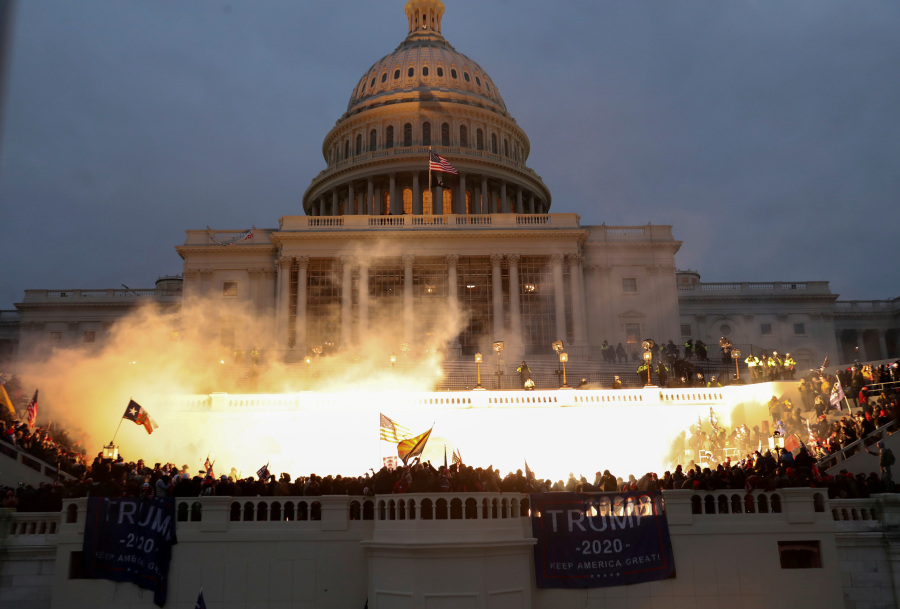

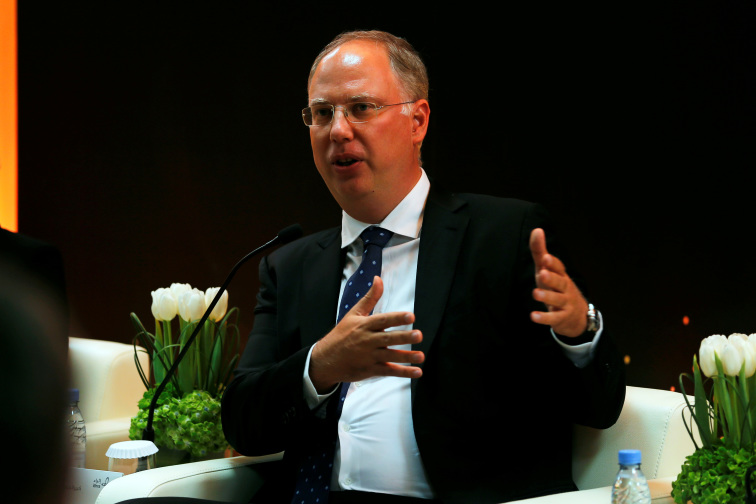
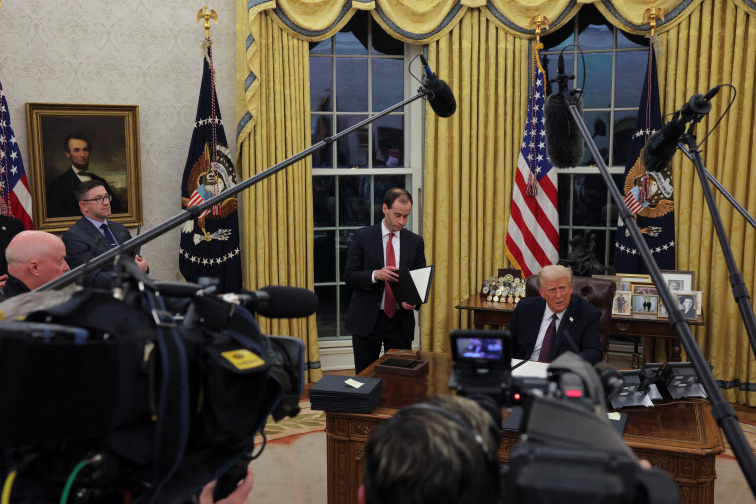
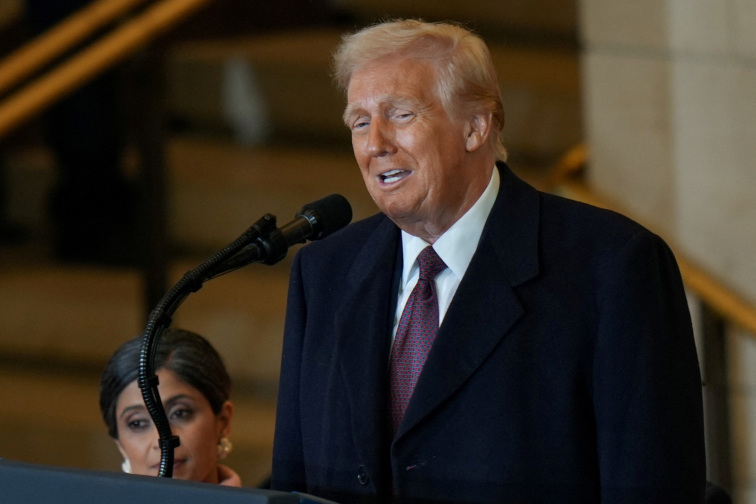
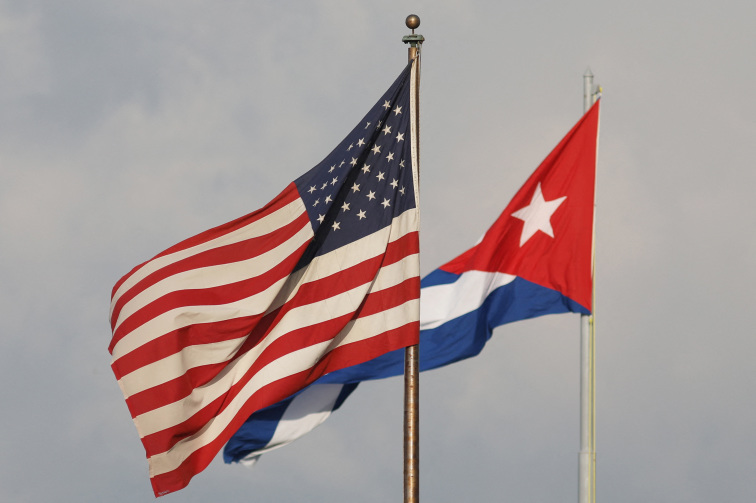
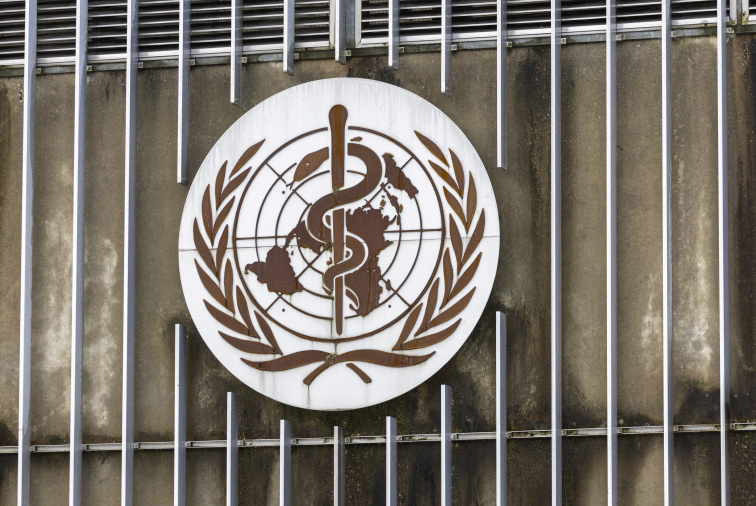



News magazine bootstrap themes!
I like this themes, fast loading and look profesional
Thank you Carlos!
You're welcome!
Please support me with give positive rating!
Yes Sure!